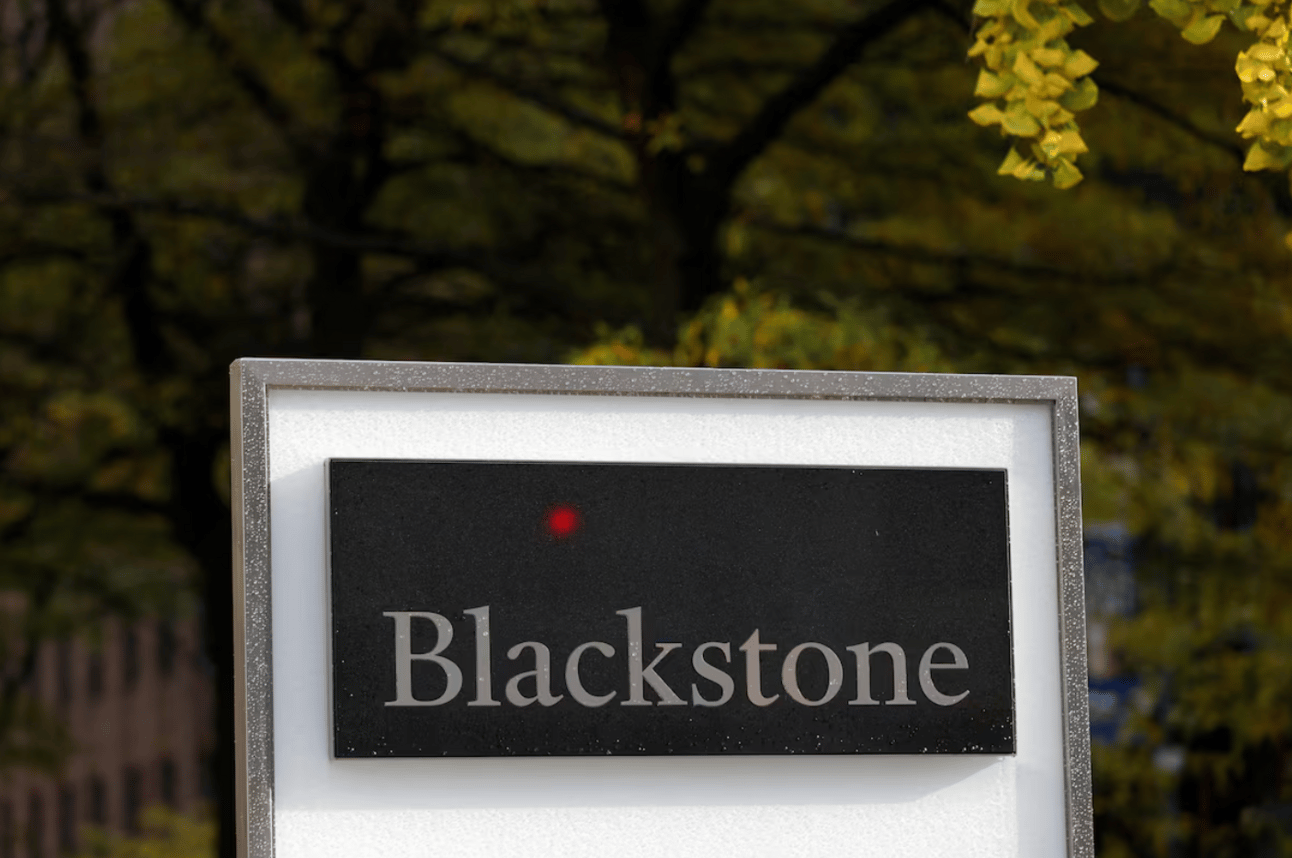We appreciate each and every one of you for taking the time to read Market Minds. Buckle up and enjoy the free value, and you won’t want to miss the home with a foam pit inside!
Fear and Loathing in the Housing Market

Selling a home should be a moment of triumph—cashing in on years of appreciation, unlocking the next chapter of life. Instead, it’s a cocktail of stress, uncertainty, and cold sweats at 3 a.m. A recent survey makes it clear: nearly 9 in 10 homeowners (88%) admit they’re scared of selling. And for good reason.
The Price of Uncertainty
The biggest fear? Lowball offers. A staggering 85% of homeowners are worried they’ll be pressured into selling for less than their home is worth. That anxiety makes sense in a market where affordability is stretched, mortgage rates remain unpredictable, and buyers are becoming more demanding. But here’s the kicker—almost half (46%) of homeowners are just as afraid of their property sitting too long without offers. They want top dollar but fear the waiting game.
And then there’s the “golden handcuffs” of mortgage rates. Nearly half of homeowners with a mortgage (47%) locked in rates below 4%. With today’s rates hovering higher, many would rather stay put than trade up into a pricier loan. This is why inventory remains tight, buyers face fewer choices, and sellers still hold power—at least for now.
Home Prep Paralysis
Want to sell? Better get the house in shape. That’s what 1 in 5 homeowners (20%) say is the hardest part of selling. The costs of repairs and renovations are their number one financial concern—bigger than moving expenses or temporary housing. And buyers aren’t making it any easier. More than half of sellers (58%) fear that home inspections will uncover issues, forcing them into costly concessions.
This is why “as-is” cash sales continue to gain traction. Over half (55%) of homeowners would seriously consider selling to an investor or cash-buying company just to sidestep the traditional sales process. No open houses, no repairs, no waiting—just a quick exit at a discount. The question is: how much are sellers willing to sacrifice for convenience?
The Emotional Toll of Letting Go
Selling a home isn’t just a financial decision—it’s an emotional one. Nearly half of sellers (45%) admit they feel sadness about leaving, and 44% say the logistics of moving are just as stressful as the sale itself. Some fears are deeply personal: 40% say they’d refuse to sell to a buyer they disliked, even if the offer was significantly above asking. And in a plot twist straight out of a bad breakup drama, 1 in 3 homeowners would rather take a lower offer than sell to their ex at full price.
Blackstone’s $8 Billion Bet: A Signal or a Mirage?

Source: Reuters
After two years of distress, hesitation, and outright panic in commercial real estate, Blackstone just did something that should grab your attention: it raised $8 billion for real estate debt. This isn’t a small wager. It’s a play that signals the biggest alternative asset manager on the planet sees an opportunity. The question is—should you?
Debt Is the New Power Play
Blackstone isn’t betting on traditional equity acquisitions. It’s loading up on real estate debt, which means one thing: it wants to be the bank. This strategy lets it profit from distressed assets, tightening credit markets, and desperate borrowers without taking on direct ownership risk. When a company like Blackstone shifts toward lending, it’s a clear sign that capital constraints are still very real, and the most powerful players are positioning themselves as gatekeepers.
This isn’t just about new loans—it’s about buying existing ones. That means Blackstone is eyeing opportunities where banks and other lenders are looking to unload risk. The winners in this cycle won’t just be those who own properties, but those who control the debt behind them.
The Office Market's Survival of the Fittest
Forget the narrative that offices are dead. The real story is that low-quality, outdated office space is dead, while premium, top-tier assets are seeing a resurgence. In New York, companies calling employees back to the office are fueling demand for the best spaces, while London is hitting record-breaking office rents for high-end properties.
But the gap between winners and losers is widening. While Blackstone is moving cautiously—its office exposure is now under 2%, compared to over 60% in 2007—it’s clear that the flight to quality is real. The best-located, highly-amenitized properties will attract capital and tenants, while B- and C-class office buildings will continue their slow descent into irrelevance.
A Market at a Crossroads
This $8 billion fund doesn’t mean commercial real estate is out of the woods. It does mean that smart money is finding ways to profit despite the uncertainty. Debt is the leverage point. Premium office space is the exception to the distress. And liquidity is still king.
Why Homebuyers Are Walking Away Like Never Before

Source: Redfin
Homebuyers are bailing. Fast. In January, 1 in 7 pending sales fell through, the highest share on record for this time of year. That’s over 41,000 deals vaporized—more than 14% of all contracts. The hotspots? Atlanta, Orlando, Las Vegas, Houston, and Florida.
More Choices, More Second-Guessing
Inventory is rising. Demand is falling. Buyers have leverage again, and that means they’re walking away mid-deal if they think they can do better. Many cancellations are happening during the inspection period, when buyers suddenly realize—why settle when there’s likely another (or soon-to-be-listed) home that fits their needs even better?
The days of buyers throwing in non-refundable deposits just to win bidding wars? Over.
Fear is Contagious
Buyers aren’t just questioning home values—they’re questioning everything. Tariffs, layoffs, interest rate uncertainty, and political instability have some buyers freezing up mid-transaction. Sellers are feeling it too—some are getting cold feet and pulling listings rather than sell at today’s prices.
Mortgage Rates and Reality Checks
Rates are still high. Home prices are still climbing. And at some point, buyers hit their breaking point. January’s 6.96% average mortgage rate pushed a lot of buyers to rethink their budgets—and their deals. Some are realizing the monthly payment on their dream home isn’t worth the stretch.
How Smart Players Are Capitalizing
While some homes are lingering, the best properties are still moving fast. Buyers backing out doesn’t mean demand has disappeared—it just means buyers are picky and willing to pounce when the right home falls through for someone else. Some are circling back on homes they lost in bidding wars, checking in with listing agents, and stepping in before a canceled deal even hits the market again.
FREE Step-by-Step Playbook to Running Seller Lead Campaigns on Google (No Opt-In Required)

Ready to supercharge your lead generation? Our Free Google Ads Seller Lead Playbook is exactly what you need to get there. This comprehensive guide breaks down step-by-step strategies that leverage Google Ads to bring in high-quality seller leads—without the guesswork.
You’ll get the proven tactics on crafting ads we use and spend $1M+/year on. Plus, it’s completely free, so you can start implementing these high-impact strategies today without any upfront cost.
To your success 💪
[Foam Pit, Slide, and Hammock Room Inside]
This Saint George, UT home is listed for $7.2M and the surprises don’t end at the foam pit. What’s better: the unique features or the views?
Check it out 👇
TL;DR (Too Long; Didn’t Read)
The housing market is gripped by fear, with 88% of homeowners anxious about selling—concerned about lowball offers, long listing times, and costly home preparations. Many are reluctant to give up their low mortgage rates, tightening inventory while cash sales rise as a convenient, if discounted, alternative. Meanwhile, Blackstone’s $8 billion real estate debt fund signals a shift in commercial real estate, prioritizing lending over ownership as premium office spaces thrive while outdated properties decline. On the buyer side, rising inventory and economic uncertainty have led to record-high deal cancellations, as homebuyers leverage newfound power to walk away from contracts in search of better opportunities.
Have a great weekend - we’ll see you next Saturday.
Cheers 🍻
-Market Minds Team


